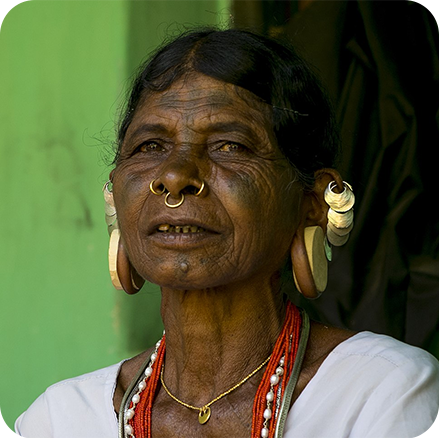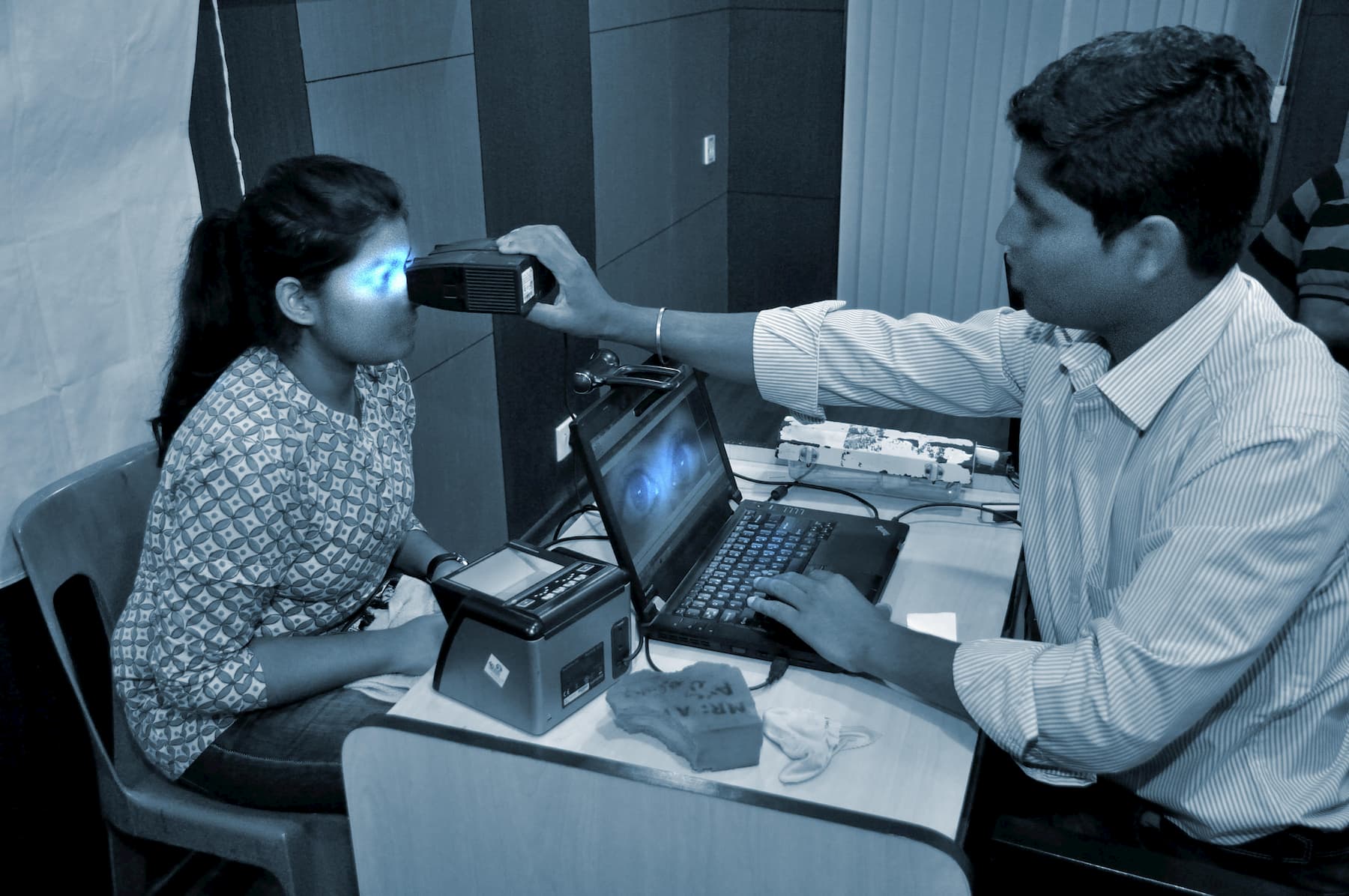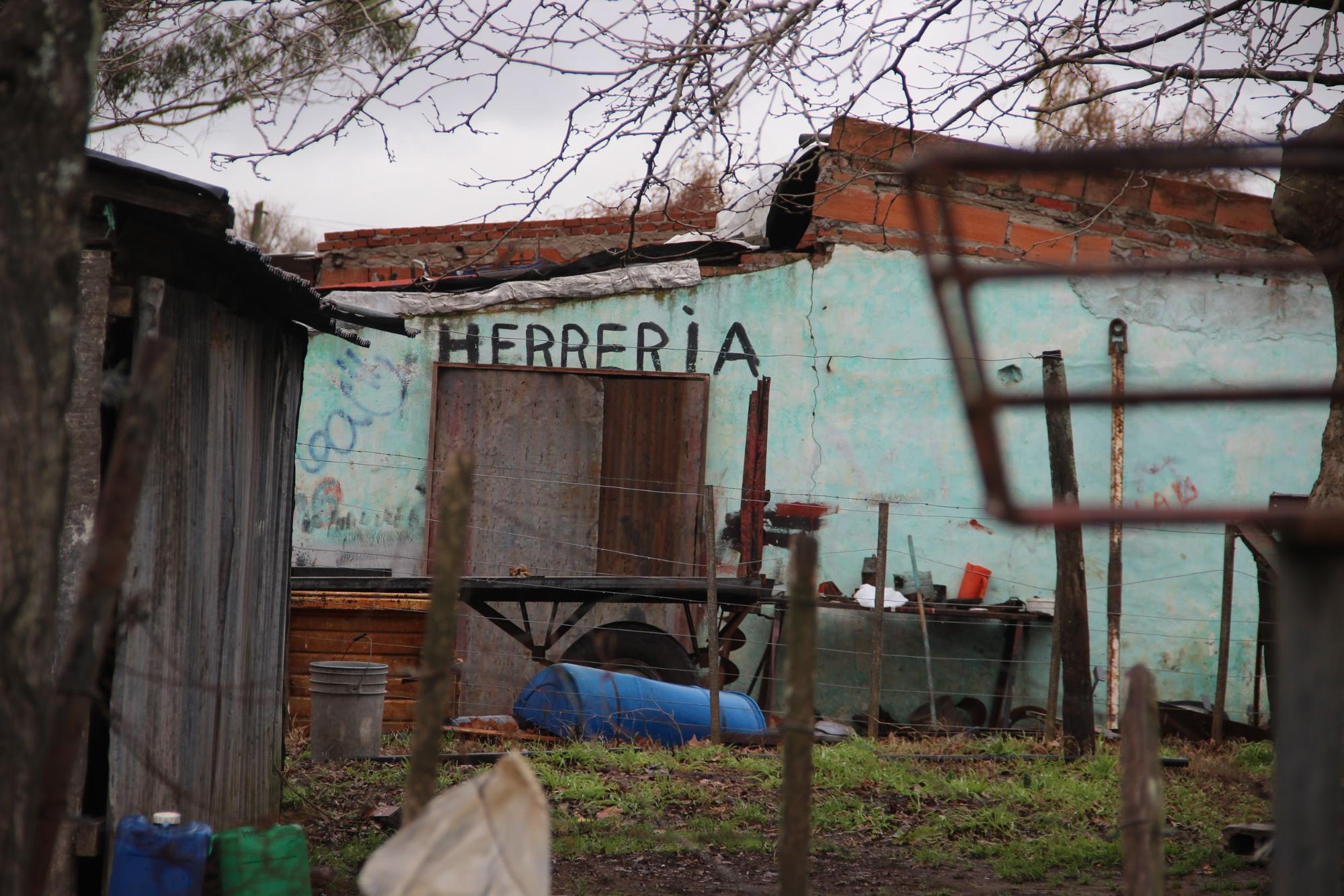Digital Identity Fellowship
A fully-funded scholarship to carry out grassroots research on digital identity across the globe.
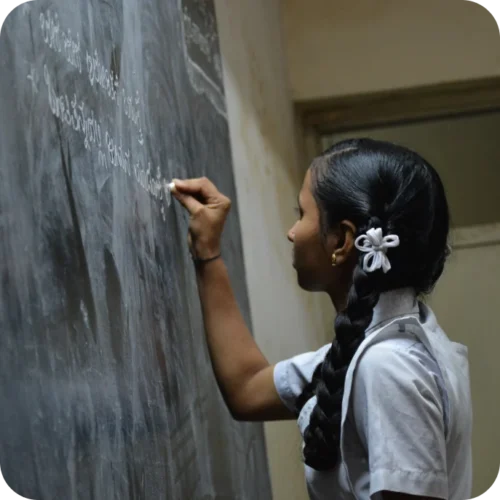
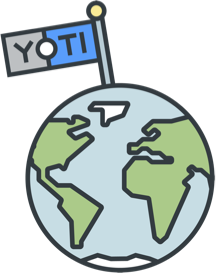
Digital Identity Fellowship
The Yoti Fellowship Programme is one of the key pillars of our Social Purpose Strategy and offers a year long, funded scholarship for people passionate about carrying out grassroots research on identity.
With a preference for applicants from the Global South, outputs from the Fellow’s activities can be anything from a technical platform, a report, a website, a book, a policy paper, a film or any other medium relevant to their proposal.
Our 2019 Fellows
Meet our first three Fellows. They started in October 2019, and explored issues of exclusion and humans rights in digital identity in Argentina, South Africa and India.
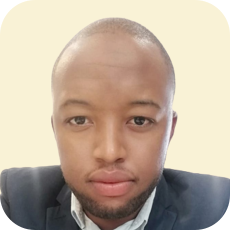
Tshepo Magoma
Tshepo is an experienced researcher, strategist and innovator with a track record working in Africa’s small business and social enterprise sectors. He is particularly interested in the digitisation of the continent, and is a subject-matter expert in disruptive innovation. He is an advocate for youth entrepreneurship and has worked widely in the NGO sector.

Paz Bernaldo
Paz is a Chilean development practitioner, researcher and activist focused on open science and technology, knowledge justice and locally-led development. Currently based in Argentina, she has worked for more than ten years in different countries and with a wide range of people – from low-income immigrants to powerful government officials.

Subhashish Panigrahi
Subhashish is a digital storyteller, researcher, documentary filmmaker and activist working towards digital freedom for marginalised communities. He has helped grow the reach of the open internet across the Asia-Pacific region with leading community roles for nonprofits such as Wikimedia Foundation, Mozilla, Internet Society and the Centre for Internet Society.
The final reports from the Fellowship
For an overview on the topics explored in the Fellowship, have a listen to our fellows talk about their projects on the Numbered Humans podcast. You can also find a summary and their reports below.
Tshepo Magoma, South Africa
Tshepo is an experienced researcher, strategist and innovator with a track record working in Africa’s small business and social enterprise sectors. During his Fellowship, Tshepo explored the digital identity landscape in South Africa, in particular its effectiveness in fighting fraud. His work focused particularly on South Africa’s national Smart ID card identity programme, which launched in 2013.

Photo: Tshepo Magoma, South Africa
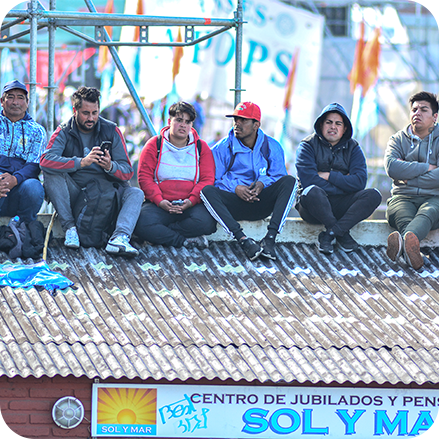
Photo: Cierre de Campaña Frente de Todos, 2019 (Pablo González, CC-BY SA 4.0).
Paz Bernaldo, Argentina
Paz is a Chilean development practitioner, researcher and activist focused on open science and technology, knowledge justice and locally-led development. Over the course of her fellowship, Paz focused on unravelling what digital identity, and identity in general, means to unemployed and under-employed individuals receiving support from local NGOs in two major cities in Argentina.
Subhashish Panigrahi, India
Subhashish is a digital storyteller, researcher, documentary filmmaker and activist working towards digital freedom for marginalised communities. During his fellowship, Subhashish carried out focused multimedia research designed to amplify the challenges and opportunities within marginalised groups that are most affected, or will soon be, by India’s national digital identity program, Aadhaar.
He produced an incredible 70-minute documentary called Marginalized Aadhaar, which you can watch on YouTube.

